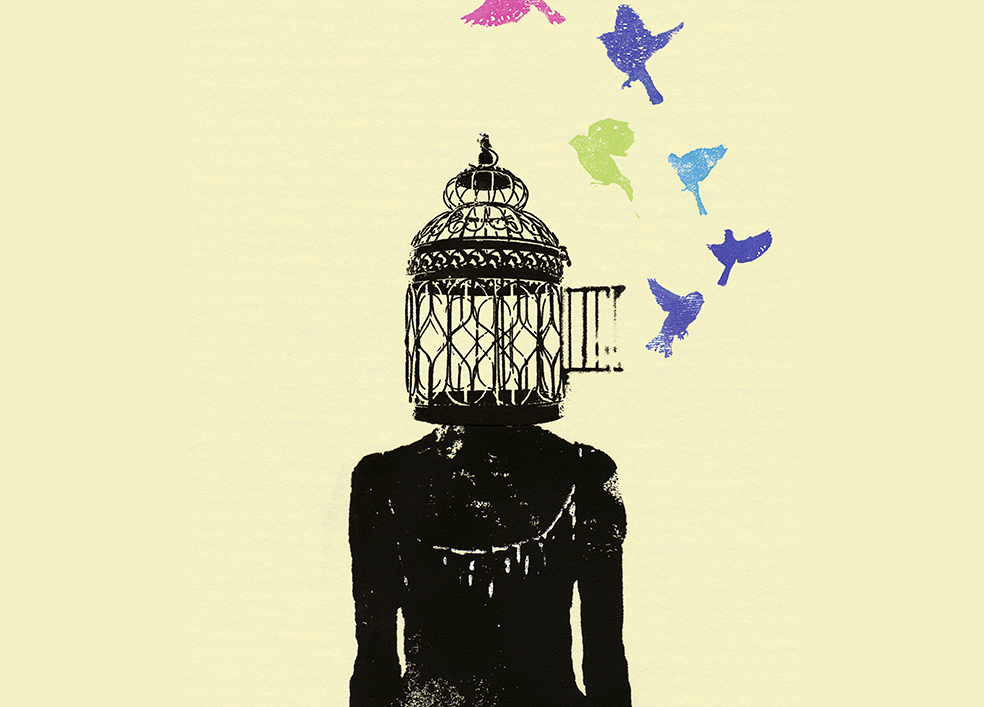Which type of therapy is which?
How therapy progresses depends on the particular training of the therapist. So, following on from last week's 'How do you know if you need therapy?' article, here are some of the most common types to help you to decide what might work best for you

- Psychodynamic focuses on underlying causes for distress, such as family, childhood and school experiences. You may finish in 12 weeks; you may still want to see your therapist years later. Fans of psychodynamic believe it helps them understand themselves better; therapists tend not to share their own experiences, but they are not silent (that’s psychoanalysis, which is far less common).
- Humanistic focuses on personal development. Therapists are empathetic and will share their own experiences. Brands include Existential, Gestalt, Person-centred and Core Process.
- Integrative therapists use a mix of humanistic therapies and other training, such as psychodynamic. Transactional Analysis is one of the styles often included in the term ‘integrative’.
- Transpersonal covers styles such as Jungian and psychosynthesis, which set out to involve the whole of the person – emotional, physical, mental and spiritual – in the therapy. The aim is to encourage personal growth and tap into creativity. There is much more of a spiritual focus than in most other forms of counselling or therapy.
- Cognitive Behavioural Therapy (CBT) focuses on overcoming negative thought-patterns that lead to unhappiness. It is usually short-term and can involve homework. It has won the recommendation of the National Institute for Health & Care Excellence for conditions including depression, eating disorders, anxiety, and panic attacks.
- New styles are evolving all the time, such as mindfulness-based stress reduction (MBSR) and eye movement desensitisation (EMDR). Part of therapists’ training involves keeping up to date with new methods of treatment.
Illustration: Katie Edwards/Corbis









